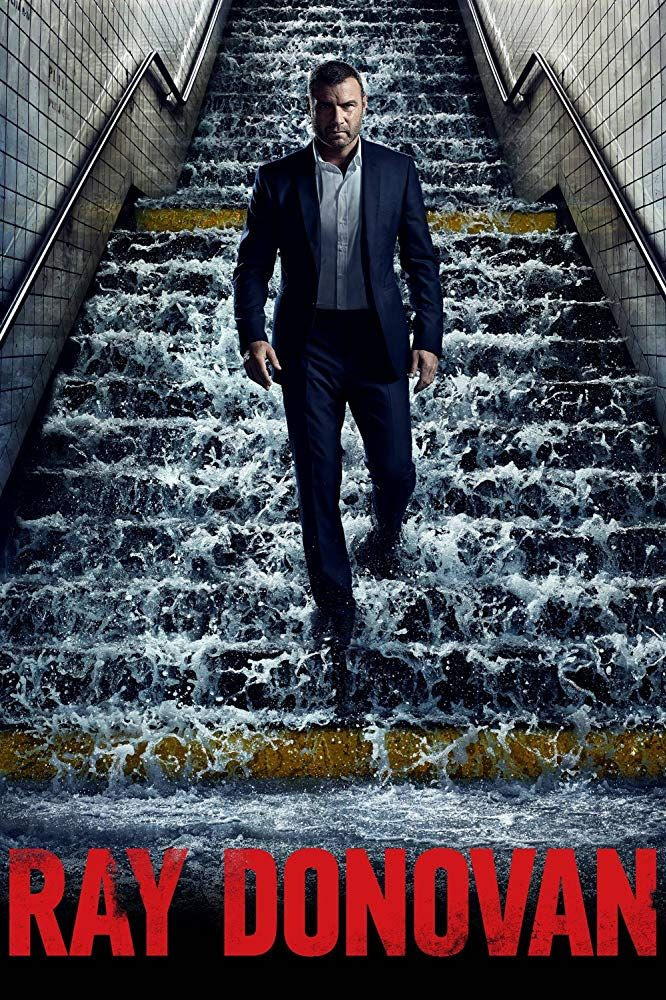A powerful, unusual, vexing yet ultimately satisfying short series on Amazon Prime - ten 30-minute episodes - created and directed by Mr. Robot's Sam Esmail (with Micah Bloomberg and Eli Horowitz), starring Julia Roberts, with great supporting acting by Boardwalk Empire's Bobby Cannavale & Shea Whigham, and Stephan James, whom I've seen here for the first time.
The plot concerns a government contractor with a plan for PTSD soldiers - treat them with a drug that will make them forget the memories that are unraveling them, with the result that they will be whole and happy again. Julia Roberts plays social worker Heidi, with a heart and a brain. Cannavale is her boss Colin, in charge of the project. Whigham is government investigator Thomas looking into this. And James is Heidi's patient Walter, beginning to fall in love with her, as patients in therapy often do.
But that's the best of what's happening. The worst, we soon discover, is that four years later, in 2022 (the present are the Spring months of 2018), Heidi has lost all of her memories of working in Homecoming, and Walter is nowhere to be found. We're now not only in Mr. Robot territory - one of differentiating truth from lies, what's real from what's implanted - but in Chris Nolan's pathbreaking world of Memento.
And Homeland delivers, with one of the most memorable performances ever delivered anywhere by Julia Roberts, a storyline that surprises and yet all fits into place, and even an ending that's good for your heart. Cannavale is suitably megalomaniacal yet vulnerable, Whigham is aptly dogged and a little clumsy, and James has a winning quality, making it not surprising that Roberts' Heidi has reciprocal feelings for him. Hats off to all concerned, including whoever came up with the square and letterbox screens, as a way of showing limited and full memories. I predict that by 2022, Homeland will become as much a classic as is Memento.




